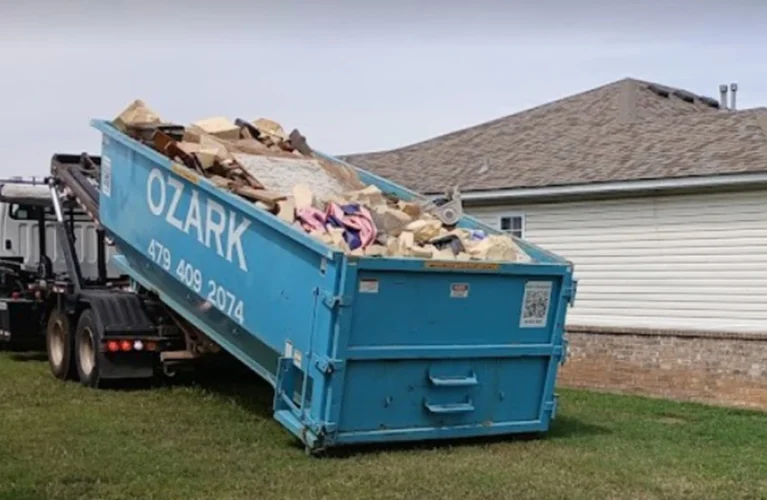
Renting Out Your House: A Comprehensive Guide
Introduction
Renting out my house can be a smart financial move, whether you’re looking to generate additional income or temporarily relocate. Conversely, if you’re considering renting a house for yourself, it’s essential to understand the rental process to make an informed decision. In this blog, we’ll explore both perspectives: becoming a landlord and renting a house.
Part I: Renting Out Your House
-
Preparing Your Property
Before you can start renting out your house, you need to ensure it’s in good condition for prospective tenants. This may involve making repairs, repainting, and thoroughly cleaning the property. Consider staging your home to make it more appealing.
-
Setting the Rent
Determining the right rental price is crucial. Research the local rental market to understand what similar properties are charging for rent. Your rental income should cover your mortgage, property taxes, insurance, and provide some profit.
-
Legal Considerations
Understanding the legal aspects of renting is vital. You’ll need to create a rental agreement or lease, outlining the terms and conditions of the rental. Familiarize yourself with landlord-tenant laws in your area to ensure compliance.
-
Tenant Screening
Screening potential tenants is essential to ensure a hassle-free rental experience. Conduct background checks, verify references, and consider credit checks to assess a tenant’s reliability.
-
Maintenance and Repairs
As a landlord, you are responsible for maintaining the property. Promptly address any maintenance or repair issues to keep your tenants satisfied and maintain the property’s value.
-
Managing Finances
Keep thorough financial records, including rent payments, expenses, and taxes. A well-organized financial system will make tax season much easier.
Part II: Renting a House
-
Identifying Your Needs
Before renting a house, assess your needs. Consider factors such as location, budget, size, and amenities. Create a checklist of your requirements to streamline your search.
-
Research the Market
Explore local rental listings through websites, real estate agents, and classified ads. Get a sense of the average rent for houses that meet your criteria.
-
Property Viewing
Schedule property viewings for houses that interest you. Pay attention to the condition of the property, its surroundings, and any potential issues.
-
Lease Agreement
Carefully read and understand the lease agreement. Pay attention to terms related to rent, security deposits, maintenance responsibilities, and any special conditions.
-
Budgeting
Determine if the rent fits within your budget. Remember to consider additional costs like utilities, insurance, and potential maintenance expenses.
-
Tenant Rights
Familiarize yourself with your rights as a tenant. Understanding tenant rights will protect you from unfair practices and disputes with your landlord.
Conclusion
Renting out your house or renting a house yourself can be a rewarding experience when approached with careful planning and consideration. As a landlord, maintaining your property and complying with legal obligations is key to a successful rental venture. Meanwhile, as a tenant, understanding your rights and thoroughly researching properties will help you find the perfect rental home. With the right approach, renting can be a win-win situation for both parties involved.












